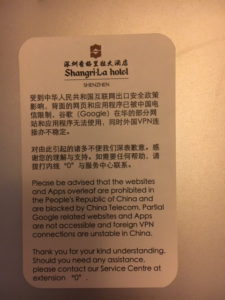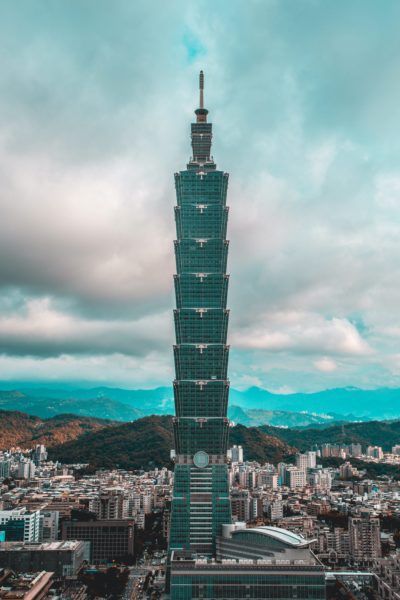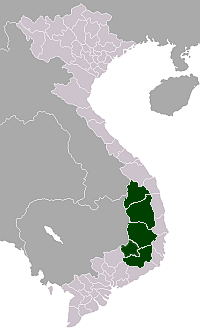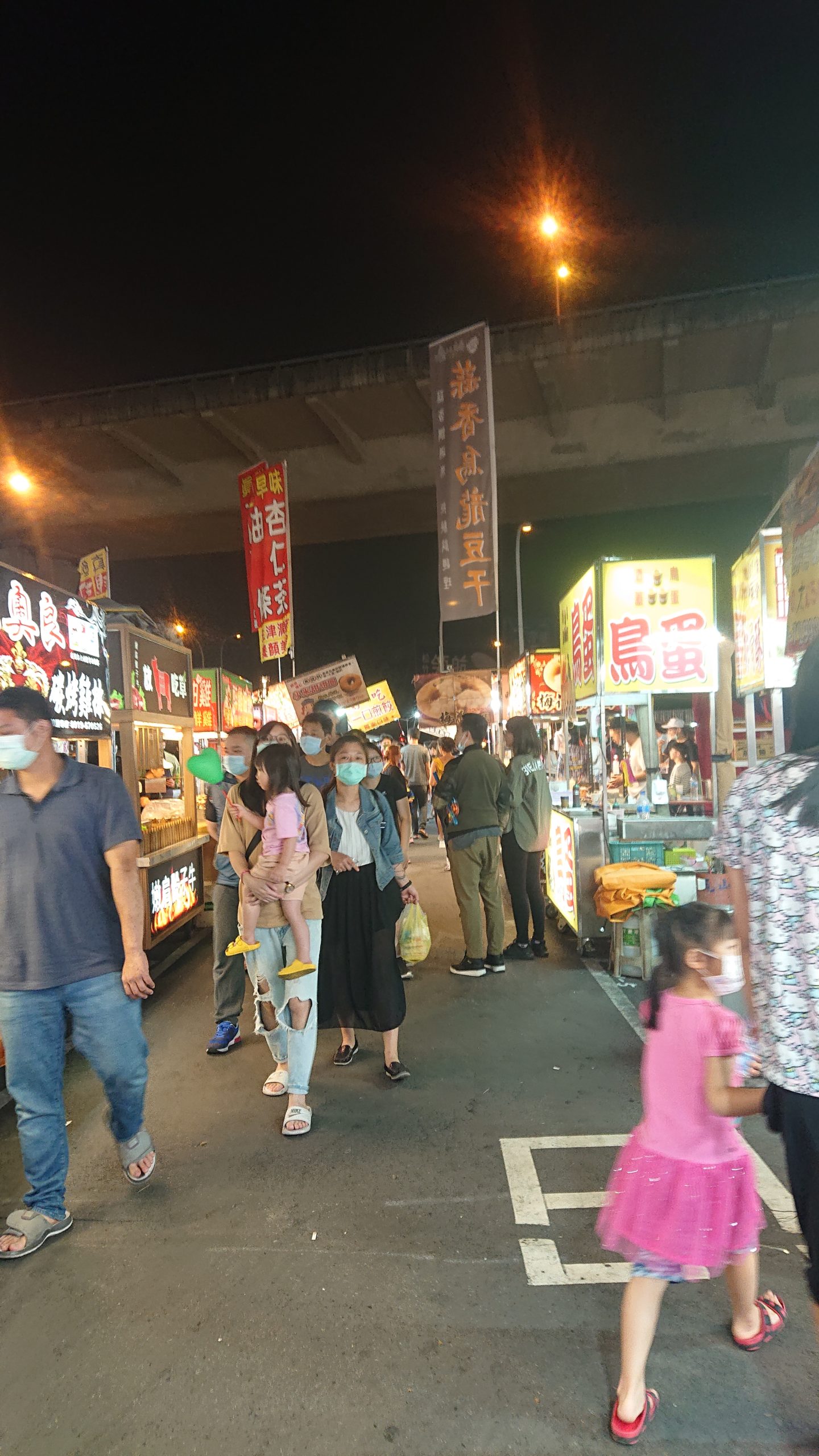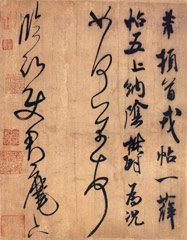I want to say my deep thanks for today’s guest blogger, who looks at the questions that Chinese middle school students have about nCoV in China:
Rachael G.
Middle School Teacher
Hangzhou, China
Resident in China since 2017
My CoN experience started prior to leaving Hangzhou in January. Reports were filtering out over WeChat concerning a virus in Wuhan similar to SARS. While I wasn’t overly concerned, I did pay attention to the news as I had been planning to travel to China prior to the SARS epidemic and had also been in the Middle East a year or so after the MERS outbreak. Suffice to say, these diseases were on my radar.
While visiting Portland during Chinese New Year, I was kept abreast of the situation by my school, the US Consulate in Shanghai, and news coming out of China and the Western news media. As the days progressed, my concerns grew and led to questions as to whether I would be able to return let alone whether I should return. After assessing the Chinese response to the outbreak, I made the decision to return based on many factors, including the seriousness with which the Chinese government was working to mitigate the spread and help Wuhan.
I am neither naïve nor uneducated. I know that my access to the internet and information is more limited in China due to a variety of factors I will not be addressing here. What I’d like to focus on at present is my students’ questions in response to the CoN. I teach grades 7 through 9 at a private school here in Hangzhou, Zhejiang Province, China. Our students come from a variety of socioeconomic backgrounds as entrance to the school is based on entrance exams and not the ability to afford tuition.
Prior to my return, my middle school head of department sent out these questions that the students were asking in regards to the Con outbreak.
Student Questions:
- Why can’t the medical supplies get to the hospital?
- Where does my money go?
- Why can’t we go out for walks or to appreciate nature in unoccupied areas?
- Did the closure of Wuhan really isolate the disease? Is closure good or bad?
- How can Chinese people help during this time?
- What will be the impact on those who left the city hours before or after the closure?
- Should the city have been closed or not?
- Should foreign countries open their doors to China during this time?
- How can we continue eat wild animals without getting sick?
- Why did it spread quicker than SARS?
- Why are there so many false statements being circulated?
- How will this affect our country’s economy and international status after it is fully resolved?
- How many people are likely to lose their jobs after this?
These questions led me to think about what is being said on the media the students have access to, what their parents might be sharing, the freedom they felt in inquiring, and their understanding of how the CoN affects not only themselves but their country as a whole and its place in the global community. These questions posed by 12-14 year old students range from concrete to abstract thinking.
Our biggest issue at present aside from fighting the CoN is fighting erroneous information. My students are asking in-depth questions. The country is fighting rumors and inflammatory news reporting, none of which help people get the accurate information they need to avoid transmission or understand the situation. This is not unique to China, as we see it in the Western world as well. Our biggest obstacles are fear and greed.
